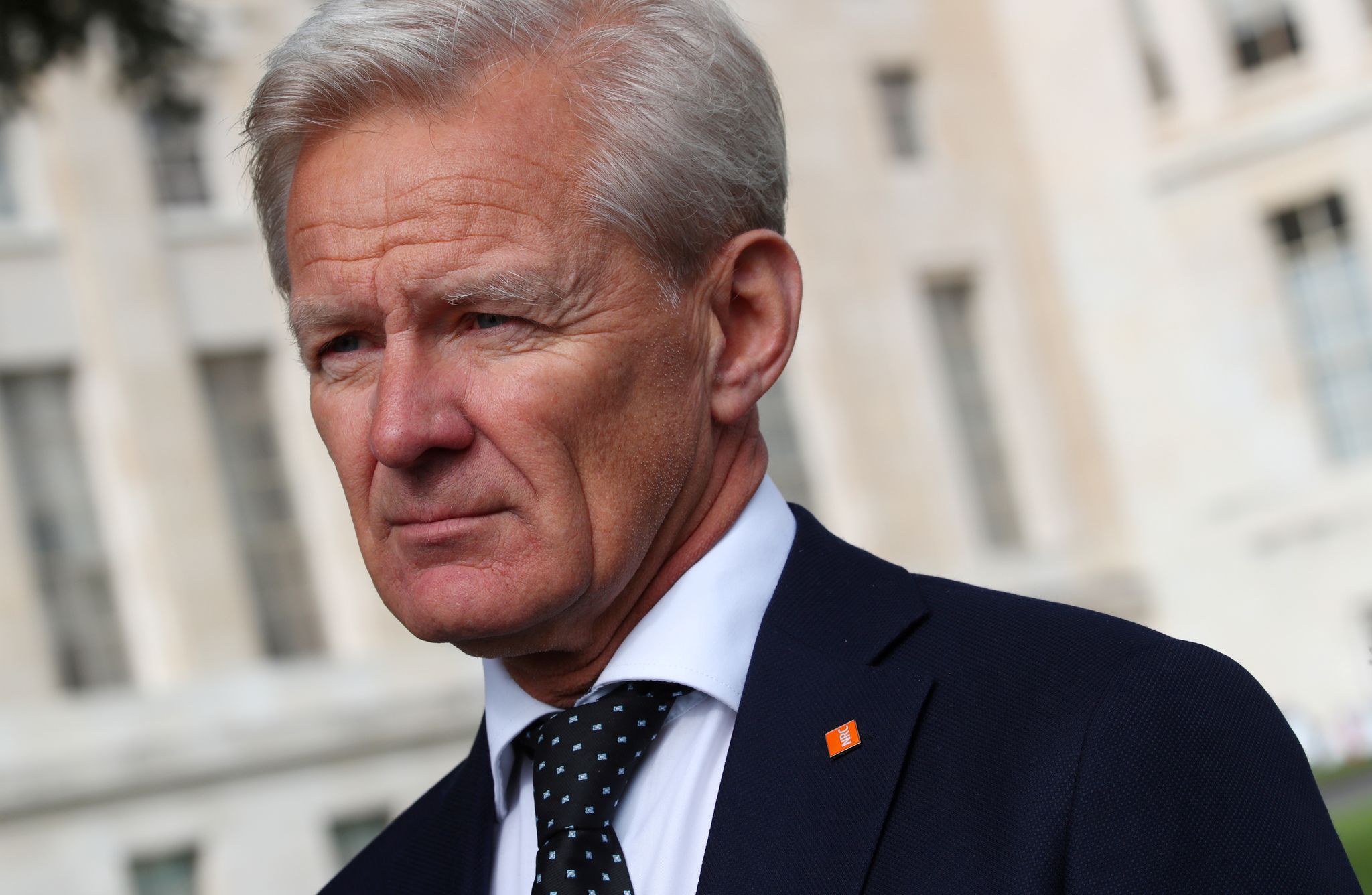Jan Egeland calls Denmark an example of horror. The Danes hardly care, the researcher believes.
Jan Egeland is Secretary General of NRC and was previously UN Emergency Relief Coordinator.
On Thursday, he told the newspaper Politiken that in future he will use Denmark as an example of horror. The reason? The Danish Parliament’s decision to add asylum centers to African countries.
“Denmark is now leading a disgusting European race to the bottom,” Egeland told Aftenposten.
He believes the country defies solidarity principles and international law. He says the plans run counter to “everything we should stand for as European civilization”.
To the policy says Egeland that poor countries must keep their borders open to refugees. Meanwhile, the Danes can sit in «Nyhavn with a bayer and a roast pork and enjoy the world’s best welfare schemes forever».
Politiken makes a number out of Egeland is a former Labor politician. The criticism is directed at Denmark’s social democratic government. Egeland himself points out that it is a challenge since he left party politics.
At the beginning of May, Danish ministers were in Rwanda and negotiated to enter into a co-operation agreement, the Danish Ministry of Foreign Affairs.
Egeland believes that the Danes’ policy is reminiscent of the far-right party in Hungary, among other places. He accuses Danish Social Democrats of producing “petty nationalism” and just thinking of themselves.
This is how Egeland justifies his sharp refs of Danish politics.
– We are afraid of the contagious effect of the extreme measures that now have a political majority in a country that previously stood for humanity and charity, he says.
Reminiscent of the war
Denmark’s Minister of Immigration Mattias Tesfaye rejects the criticism. He tells Politiken that Denmark is neither petty nor stingy.
On 3 June, the Danish Parliament passed the controversial law. A number of international organizations condemn it.
Egeland was quickly out on Twitter with a sharp message to the Danes.
“So the next time you flee to Sweden, how many did in 1940-45, should I not send other and other Danish refugees to Africa?”
Not relevant for Norway
State Secretary Hilde Barstad in the Ministry of Justice says that they have received information from Denmark about the proposed system.
“It is not current Norwegian policy to change our asylum system in this direction,” Barstad writes in an e-mail.
Barstad says that Norway is closely following the EU’s work to create a common asylum system. She says that the government prioritises the speedy processing of asylum applications, which will probably end in rejection. The goal is for seven out of ten applications to be prepared within 21 days.
The Labor Party’s Masud Gharahkhani has previously said that the party is considering the possibility of asylum treatment in third countries.
– But as part of a larger international collaboration, as a minimum at Nordic or European level, he says to Aftenposten.
The Labor politician says that they do not want to remove the right to seek asylum in Norway. But they will prioritize quota refugees.
Gharahkhani reminds that Denmark still does not have concrete agreements with African countries.
– It is not so strange, because this is more difficult both practically and legally, he says.
– Does that mean that you are more in line with the party veteran Egeland than your Danish party comrades?
– I do not want to stamp some. What I am concerned about is that we have done a thorough job of getting a fair and predictable policy.
– Moves nothing
Frederik Hjorth is a researcher in political science at the University of Copenhagen and has set people’s attitudes to immigration policy.
He does not think the criticism from abroad will change the debate in Denmark. Announced since Anders Fogh Rasmussen was prime minister at the beginning of the 2000s, the country has received criticism in the area of immigration, he points out.
– The left uses criticism from outside as a tool to criticize the government. But the government uses it the other way around to signal craftsmanship, says Hjorth.
He says that the Danes have expressed “going to the edge of the conventions”.
– It is seen as a positive statement. So the government will regard criticism like this almost as a recognition, says Hjorth.
That Denmark has a stricter immigration policy than the neighboring countries, he thinks may have to do with the fact that the country earlier than the neighboring countries got a large right-wing populist party, namely the Danish People’s Party.

